The image of the man responsible for the deaths of 49 people at an Orlando nightclub two years ago remains seared into public consciousness, his visage as clear as his backstory is clouded. Omar Mateen, the Pulse shooter, looks stone-faced in a driver's license photo, bored in a security guard mirror selfie, and smug in a variety of shots seemingly ready-made for dating apps, images that blanketed nonstop news coverage of the shooting for weeks.
As soon as media publicized the face of the killer, reporters heard from witnesses who knew the mug already, some from visits the killer allegedly made to the gay nightclub prior to the attack, others from gay dating apps where they said they recalled seeing his face. One man very publicly alleged a sexual relationship with the religious fanatic.
The FBI has since thrown shade on all those accounts. Mateen's cell phone records and home computer never turned up any evidence he used gay dating apps, and geo-location data indicates the first time Mateen ever visited Pulse came between 1:21 and 1:35 a.m. on June 12, 2016, less than an hour before he burst through the doors with a semi-automatic weapon in his hands. The media has cast these witnesses as having unreliable memories or as liars. But when The Advocate again reached out to many of those who had recalled the killer's face, they held to their original accounts, as sure as ever that the Pulse killer had been no stranger to the club.
---
James Van Horn, a longtime participant in Orlando's LGBT scene, vividly recalls at least one time he saw Mateen inside Pulse -- in December 2015, a matter of months before the shooting. He had driven friends Christopher Callen and Ty Smith, both regular performers at Pulse, to the bar for a last-minute show. Van Horn decided to spend the evening at the bar, where he was when Mateen walked through the door. While the Arabic man initially looked uncomfortable, he soon loosened up and took to the dance floor. "I think he was having a good time," Van Horn recalls. "Maybe he was there checking it out, but he was there to party."
It was a fairly light night at Pulse, so few patrons danced in the back room of the club. At one point Van Horn started to approach Mateen to strike up a conversation, but his friends stopped him. They encouraged Van Horn to relocate to the patio. Then they told him Mateen had been in the club before and caused trouble.
That's consistent with accounts Smith gave shortly after the Pulse shooting, when he told the Orlando Sentinel that Mateen could get loud and belligerent at the club. Smith and Callen told Canadian media they'd once seen Mateen pull a knife in the club and that they'd kept their distance since then.
(RELATED: Why Does the FBI Refuse to Call the Pulse Massacre a Hate Crime?)
Smith could not be reached for this article. Callen declined to revisit recollections of Mateen. "It's not my place, and the focus now should be on the victims," he told The Advocate. But Van Horn says he still recalls Mateen's face from that night and recognized him instantly once his pictures appeared on the news.
Kevin West, another Pulse regular, recalls seeing Mateen in the club and on the dating app Grindr. He can't recall Mateen causing a fuss, but also says he spent his time at Pulse in the back of the club, frequently alone: "I never thought he was any sort of problem."
The two men shared a background and interest in police work. West had been in the Navy and then got a police-related job. Mateen worked in private security and had ambitions to become a police officer. As best as West can recall, he saw Mateen around 2013, years before the shooting, when the still curly-haired stranger showed up at Pulse looking uncertain about the environment. "I remember every single person," West says. The Orlando native recalls telling Mateen that Pulse welcomed all through its doors. "Pulse was a place anybody can go."
West also recalls seeing Mateen's face occasionally pop up on Jack'd, a gay dating app. Specifically, he recalls seeing Mateen show up in the Mall at Millenia area, around five miles east of Pulse.
Other members of Orlando's LGBT community recall seeing Mateen on Grindr. Cord Cerano says he had short online interactions with him over the app. More than once, Mateen reached out to Cerano with a "hi." Once, Cerano asked him to send a picture. He got a shot of Mateen wearing a wine-colored shirt and a purple tie. "I wasn't attracted to him," Cerano recalls, so the conversation stopped about there. He didn't think about the picture again until it showed up in the news. After the shooting, Cerano says he spoke to other friends who also recognized Mateen from the apps, including Adam4Adam.
Cerano also recalls seeing Mateen inside Pulse at least once, maybe a couple months before the shooting, but didn't have any memorable interaction. "I can't even remember, it's been so long," Cerano says.
---
Of course, not everybody who interacted with Mateen feels so sure. Security guard Neal Whittleton worked at Pulse most nights, and while he didn't know many patrons by name, he kept track generally of who came in with whom. "I know everyone's face, and [Mateen] has a face you don't forget," Whittelton tells The Advocate. Mateen spoke to Whittleton that night, asking why there were so few women at the club and why the place wasn't more crowded on a Saturday night. The guard now thinks Mateen was sizing up the place and its security, and that he had never been in the club before.
(RELATED: What the Media Gets Wrong About Pulse)
No security footage has ever placed Mateen inside of Pulse, and Pulse ownership has denied he was ever a patron.
But Orlando City Commissioner Patty Sheehan says she's heard plenty of accounts saying Mateen visited before, whether to case the club for the shooting or for personal reasons. She also spoke to law enforcement immediately after the shooting about reports Mateen visited Southern Nights, another gay bay in downtown Orlando.
Of course, neither Cerano nor West say they knew Mateen intimately. To date, only one man has made that allegation, one who says Mateen first used Pulse as a hunting ground for sex, years before he unleashed his terror there.
---
Luis Leal to date has only shared his account on camera with Univision anchor Maria Elana Salinas. He first shared his story during an interview with the Spanish-language outlet shortly after the shooting on the condition the network allow him to wear a disguise and to refer to him as "Miguel." But a year later, he participated in another interview with Salinas, this one for a special on the Investigation Discovery channel, and this time he used his real name and spoke on camera without being concealed.
Leal maintains he had a sexual relationship with Mateen that lasted months, sometimes seeing the man two or three times a week. Leal knew Mateen was married with a child and came from a conservative Muslim family. But the future shooter apparently wanted to live a different life, according to Leal. "His father forced him to marry, something to do with religion," Leal recalled.
Leal suggested Mateen's anger at the gay Latino community in Orlando stemmed from an interaction with two men from Pulse he spent an evening with at the Ambassador Hotel in Orlando. Univision originally reported employees at the hotel recognized both Leal and possibly Mateen. Leal alleges Mateen found out after a sexual encounter with the two men he met at Pulse that one was HIV-positive. "When the guy told him he forgot to tell him, he was not very happy," Leal recalls. "Most of the time he talked about this, he said I will make him pay for what he did to me."
Mateen was not HIV-positive when he died at Pulse after a shootout with police. The FBI has said it interviewed Leal but determined him not to be credible.
Many feel the FBI never gave the possibility solid review. Officials just a month after the attack said they had no evidence Mateen targeted Pulse because it was a gay club.
But that assertion bothers witnesses who say they shared accounts with authorities but never got calls back. West says the last time he saw Mateen was the night of the shooting, when he observed Mateen outside the club speaking to a woman with white fingernails before he headed to his black rental minivan. West wasn't at Pulse at the time of shooting, but the next day he approached a police officer at the scene to tell him he recognized Mateen. "I described it to him in detail," West says. He later went to the Apopka, Fla., police, he says, and even called prosecutors who later handled charges against Noor Salman, Mateen's widow, but no one was interested.
Cerano couldn't find messages with Mateen in his phone but notes that whenever one side deletes an account those conversations disappear. He also approached police to tell them what he knew, and he expected a call back from detectives, but it never came.
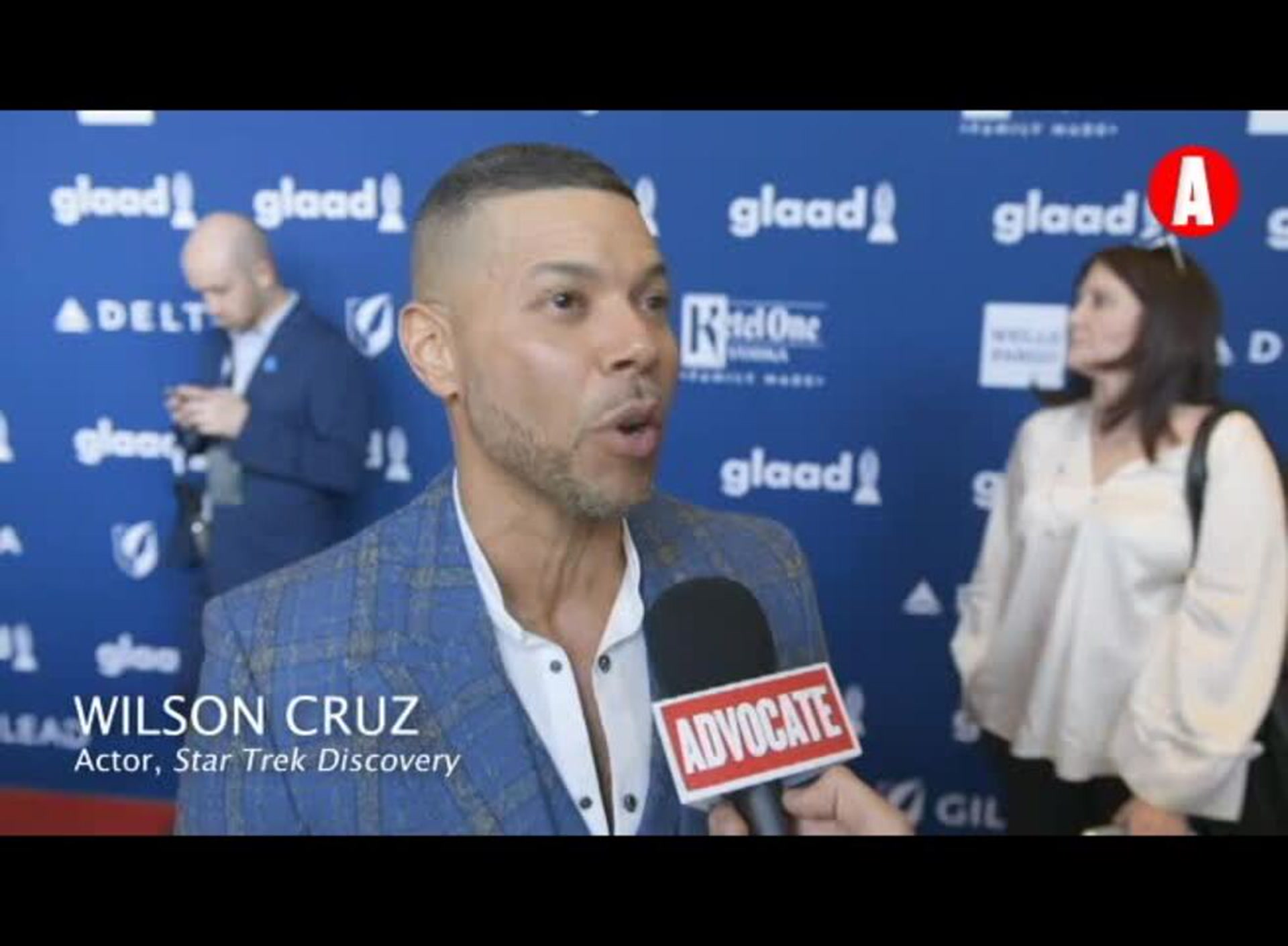
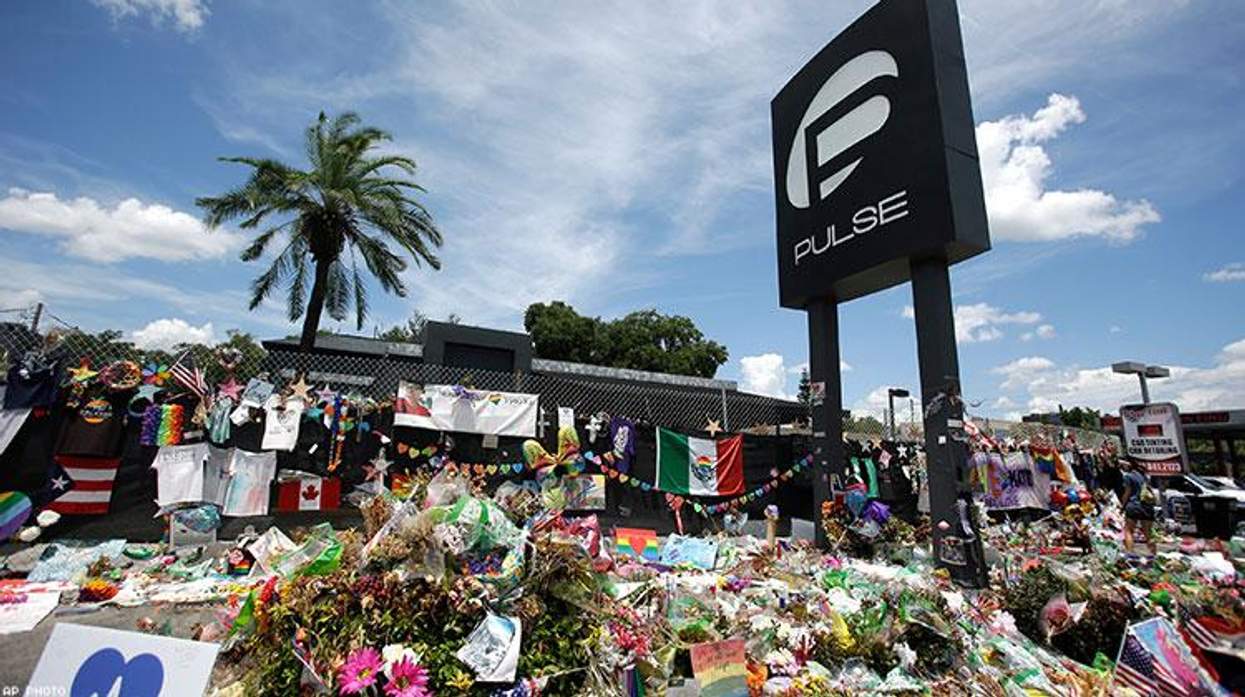




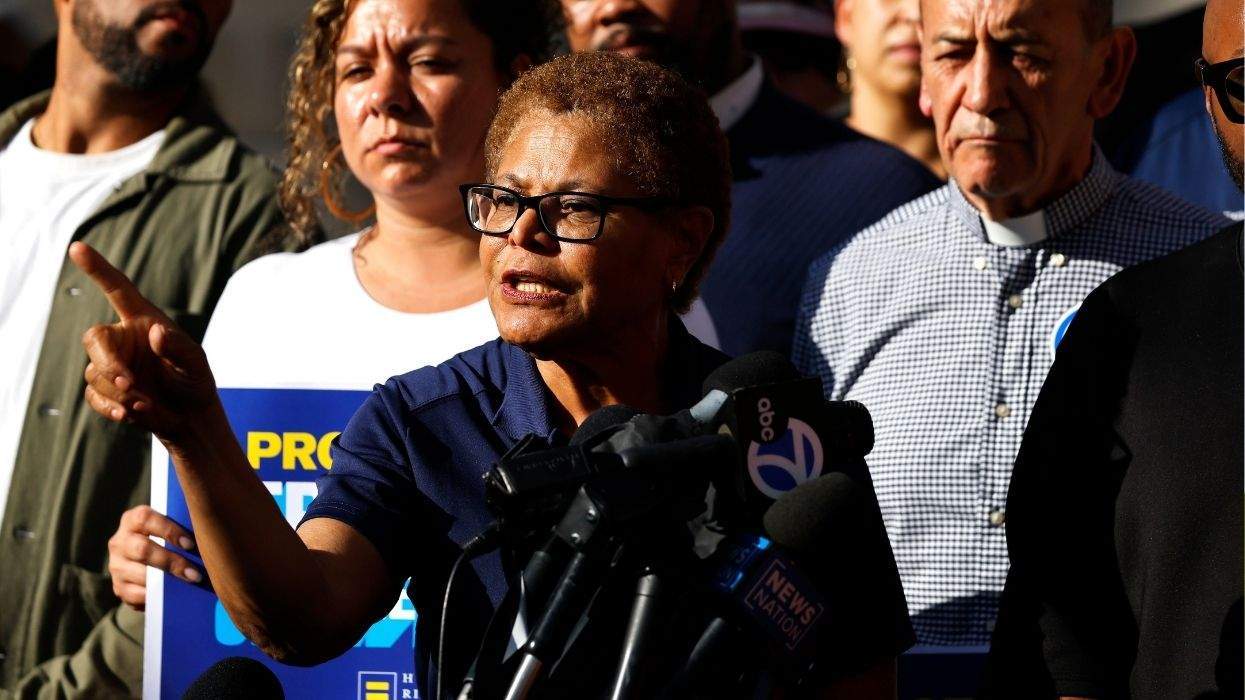
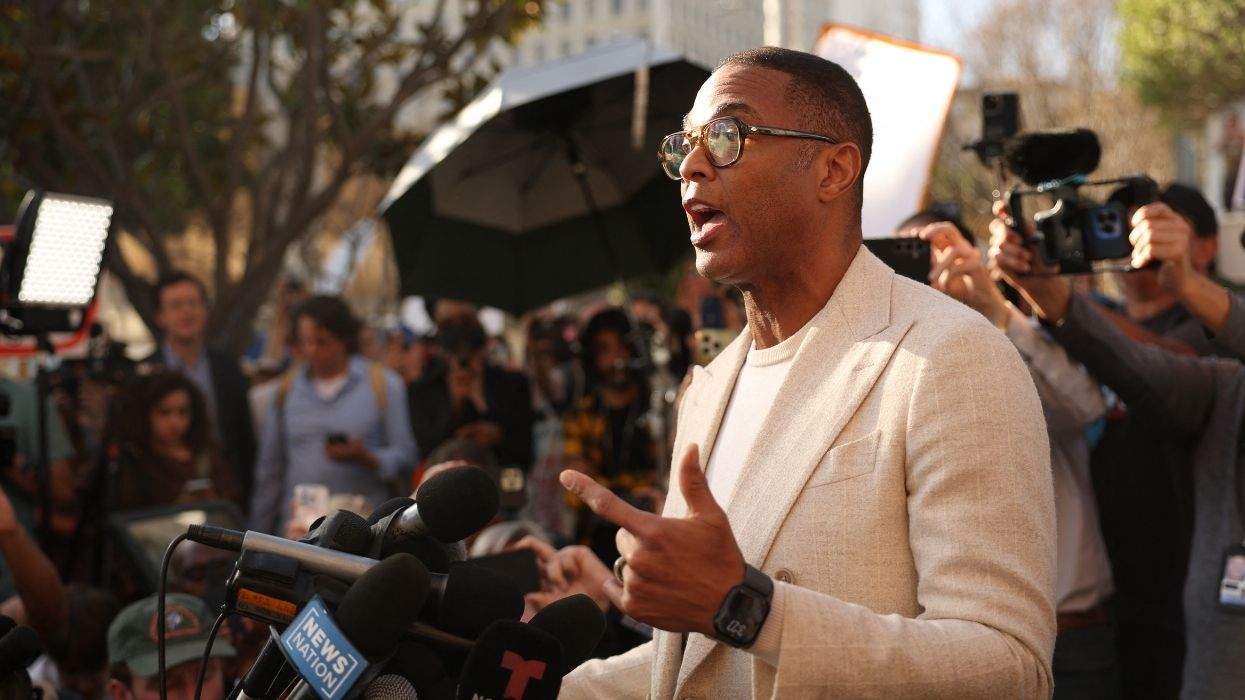
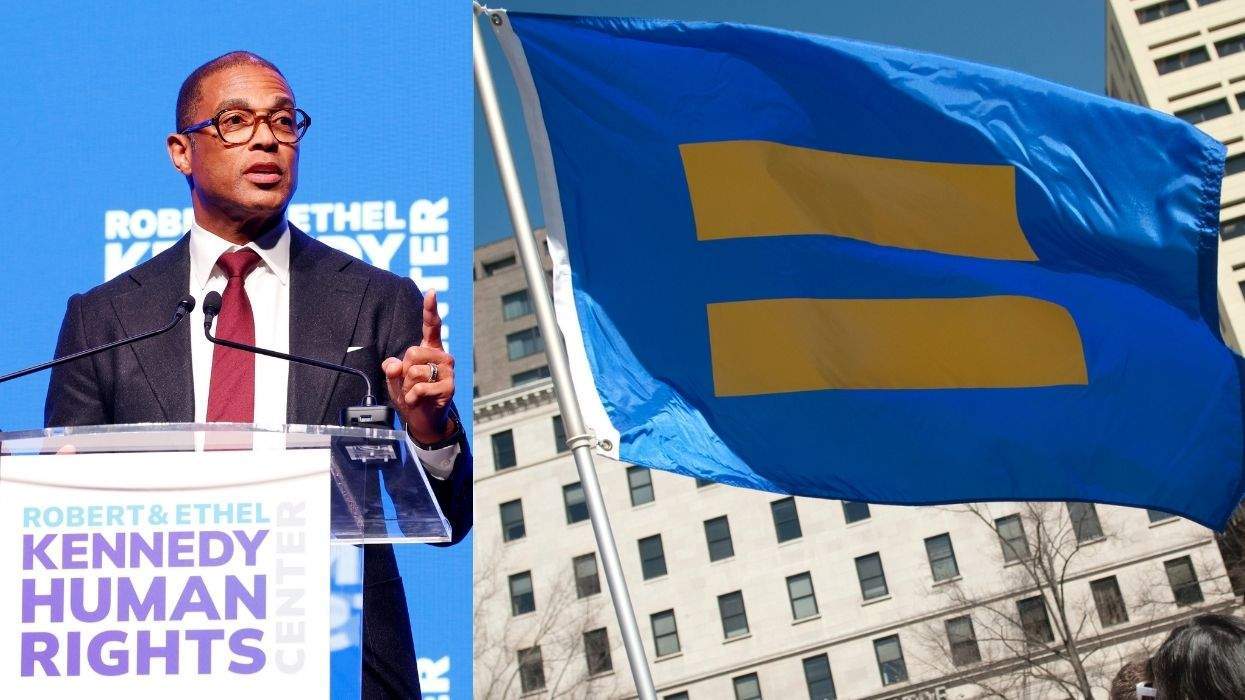
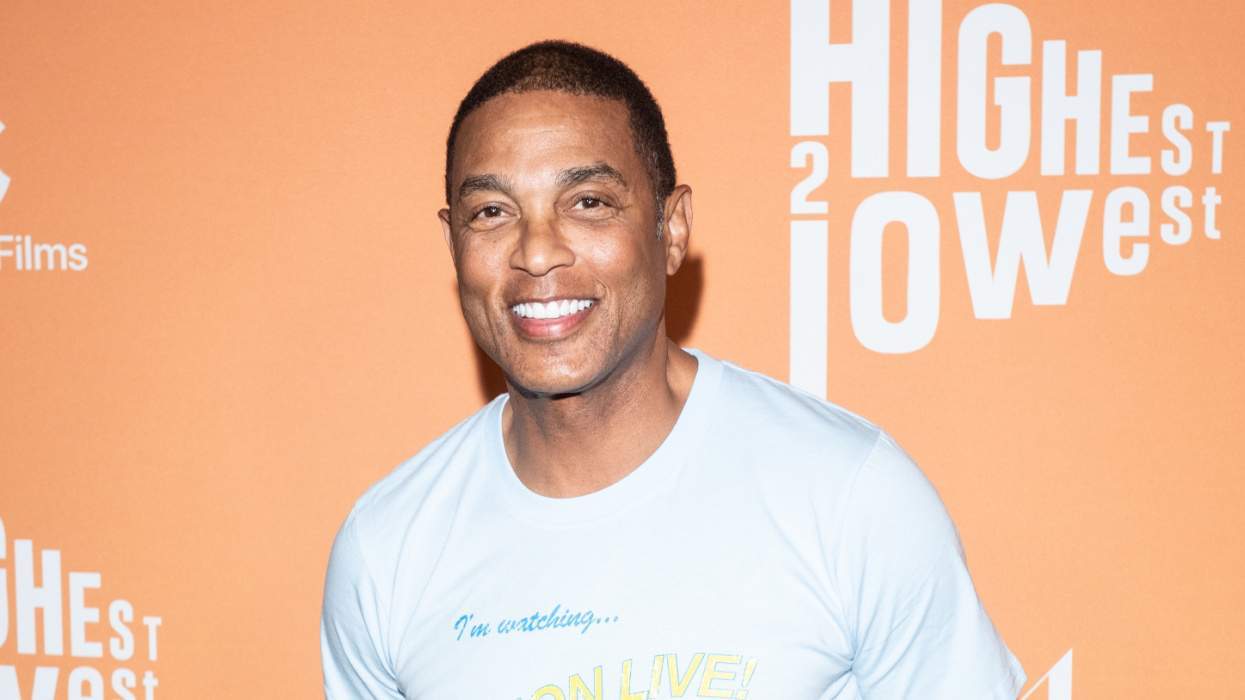






Charlie Kirk DID say stoning gay people was the 'perfect law' — and these other heinous quotes
These are some of his worst comments about LGBTQ+ people made by Charlie Kirk.